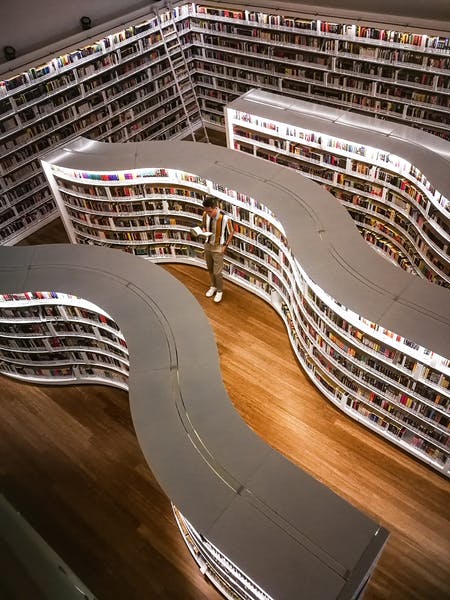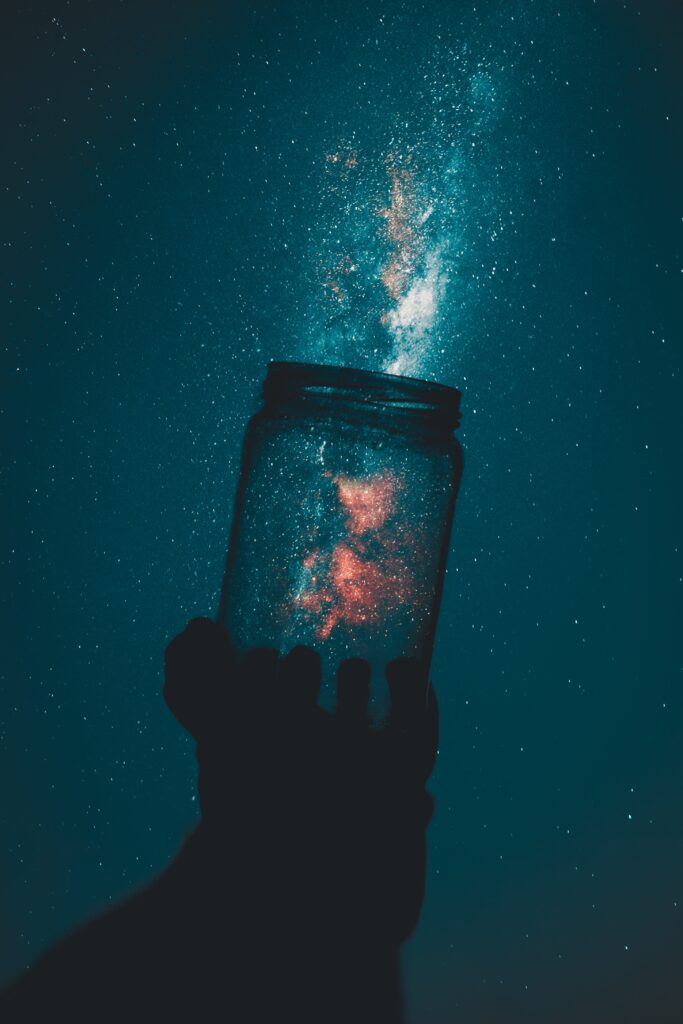Are mainstream authors going online?
Are mainstream authors going online? As Salman Rushdie starts publishing on Substack, the quintessential question knocks on the doors of the reader’s mind…are we going back to serialized novels?
Charles Dickens began the same way. And so did Samuel Richardson. And Leo Tolstoy. Are we going back in time? Is the novel dead?
I woke up this morning as usual to messages on my whatsapp window (/telegram/a hundred other platforms that I escape from when I switch off my internet). And this is what I saw. Shoppers Stop sells off Crossword Bookstores. I have had quite a few heartbreaks since last year, hearing of so many bookstores closing down due to the pandemic. So, this was not so surprising. What was surprising though was Salman Rushdie signing a 12-month book deal with Substack where he will publish his next book in a serialized fashion.
A serialized novel is a form of writing where the work is published in smaller, sequential instalments. This was started originally by Charles Dickens, who was then a journalist and had published a collection of comic strips called Sketches on Boz. The publisher, Chapman and Hall asked him to write descriptions for the sketches and thence, was published his first novel- Pickwick Papers, which became wildly popular. There have been many other such serialized works in history: Madame Bovary, Uncle Tom’s Cabin, Sherlock Holmes, The Three Musketeers, Anna Karenina…the list is long.

Today, as the printing presses shut down and competition floods the market, most readers turn to online sources to satiate their reading tastes. Platforms like Medium, Quora, Tumblr have made available a vast resource of writing for those who want to access the genres they love at any time of day or night. Many fanpages and websites provide e-novels and follow a chapter-wise story telling paradigm. More and more aspiring writers are publishing their short works, be they short stories, long form articles, or poetry on media like Juggernaut, Readomania, etc. where they can get paid for their online readership. This helps them reach a much wider readership than would otherwise be possible through an offline distribution.
Besides, this is the generation of YOLO and FOMO that doesn’t waste words or time. When things can be said in few, why read pages and pages of prose to uncover the message? And bang! Enter the viral Instagrams and Twitters of the world where it’s a battle to say the most things in the least words in the least time. Wham, bam, thank you readers!
The Kindle e-reader might not have sold as much as the creators had envisaged but it did disrupt the reading world and gave a whole new dimension to the concept of online reading. Although a staunch paperback advocate myself, I enjoy my monthly dose of Kindle Unlimited. In fact, thanks to my extensive travels (strictly referring to the pre-covid days), my physical bookshelf has changed only 18% as compared to my digital bookshelf which gets an overhaul every two months (yeah, I am one of those 100-books-a-year-HT-brunch-winning-readers). Apart from e-readers, phone readers and audiobooks are other platforms where voracious readers will be found satisfying their eclectic appetites. I often hoard books on my Aldiko or Moonreader apps in the phone and review them on Goodreads from there itself.
With many (and please note, big) offline bookstores closing down, the distribution of the paperback gets drastically affected. Online book buying platforms like Amazon become key in these scenarios. Your Amazon book sales become the most important parameter for the success of your book. In fact, I have sometimes found the online/kindle versions to be pricier than the paperbacks. Shows where the trends are going!
Lastly, when mainstream authors decide to kill the novel, readers (and writers) like me let out a cry of anguish. Is the novel dying? Although ever since the birth of the novel, people have been predicting its death forever. But the novel has survived so far and how.
However, this masterstroke by Salman Rushdie who signed a book deal with Substack has given an official green light to the online publication media and houses. Perhaps, the serialized novel will come back. We already have digital book launches. The ‘zoom’ culture has infiltrated every waking hour of our lives. Online lit fests and book fairs are the norm now. Digital publication boom is here.
Instead of declaring the novel dead or even the paperback as obsolete, I feel we should see this as the novel stretching its arms and growing into the digital space. It’s not a transmogrification; it is what they call expansion or brand extension in business parlance.




